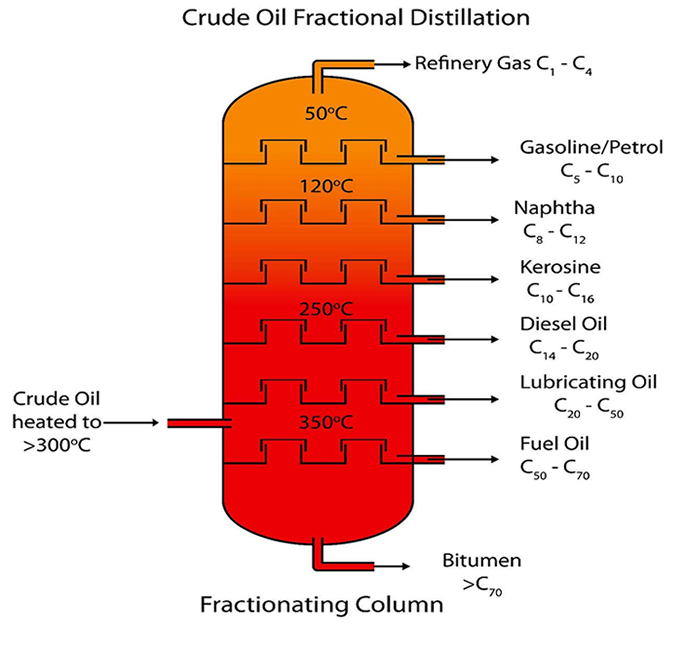If you are one of the many people who change their own motor oil, you too need to know how to properly manage the used oil. After all, used oil from one oil change can contaminate one million gallons of fresh water — a years’ supply for 50 people! When handling used oil, be sure to take these key points into consideration:
- Used motor oil is insoluble, persistent, and can contain toxic chemicals and heavy metals.
- It’s slow to degrade.
- It sticks to everything from beach sand to bird feathers.
- It’s a major source of oil contamination of waterways and can result in pollution of drinking water sources.
Are you a “Do-It Yourself” —do you change the oil in your car at home? On average, about four million people reuse motor oil as a lubricant for other equipment or take it to a recycling facility. If you plan to recycle your used oil, take care not to spill any when you collect it and place it in a leak-proof can or container.
Check with local automobile maintenance facilities, waste collectors, and government waste officials to see when and where you can drop off your used oil for recycling. Don’t forget to drain and recycle used oil filters as well—usually you can drop off the filters at the same collection centers where you deposit used oil.

